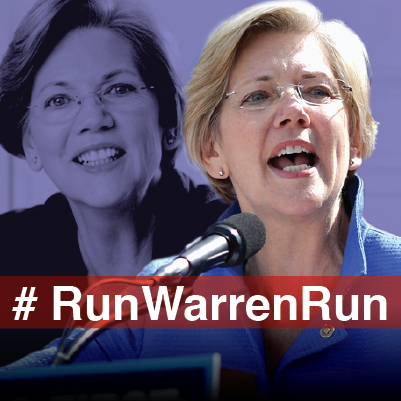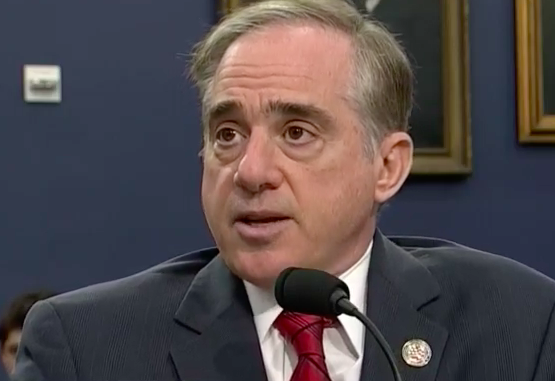HUYETT: NH Senate Democrats Just Voted to Allow ‘Suspending’ the Constitution

New Hampshire liberty advocates won a major victory on Wednesday when our State Senate voted to pass HB 440, Rep. Jim Kofalt’s Civil Liberties Defense Act. This bill will prohibit constitutional rights from being suspended during a state of emergency.
Kofalt proposed the bill because New Hampshire’s emergency powers laws have been interpreted by our state courts to allow a governor to suspend constitutional rights during an emergency. This is no exaggeration: According to the legal test used by our state courts, even “fundamental rights such as the right of travel and free speech” may be “suspended” by a governor in a declared emergency.
That means that, as Rep. Michael Sylvia pointed out during a House floor debate, “We are all enjoying our fundamental rights, including free speech and trial by jury, at the mercy of the current governor.” As long as a governor’s actions are related to a declared emergency, any constitutional challenges to those actions can simply be dismissed out-of-hand.
Although HB 440 faced some initial setbacks, on Wednesday every Republican State Senator joined in sponsoring an excellent floor amendment that restored the key substance of the bill. Senate Republicans then voted unanimously to pass the bill and protect our constitutional rights. It’s important to contact your Republican state senator now and thank them for their vote.
During Wednesday’s Senate floor debate, Republican Sen. Sharon Carson made a powerful argument in favor of HB 440. During World War II, the legal theory of “suspending constitutional rights” was used to uphold the internment of Japanese Americans in detention camps. Carson pointed out those Americans had their property confiscated and their lives destroyed by a government wielding unchecked emergency powers. As Sen. Jeb Bradley noted, abuses of that kind should be unthinkable in the “Live Free or Die” state.
Republican Senators wisely made clear this bill is not a repudiation of Gov. Chris Sununu. As Rep. Matt Simon said during the initial House floor debate, the bill is necessary to “shore up our constitutional defenses during a state of emergency so the responsibility for any potential future abuses will not rest upon our shoulders.” Accordingly, Sununu is likely to sign the bill. When he does so, he will deserve our thanks for helping to protect the fundamental rights of Granite Staters from his successors and their subordinates.
While Wednesday’s vote is a great victory, it should also serve as a dire warning about the intentions of New Hampshire Democrats. In the House, HB 440 did enjoy a modicum of bipartisan support, including from Democratic former House Speaker Steve Shurtleff. In the Senate, however, Democrats unanimously voted against the bill.
Democratic Sen. Rebecca Whitley rose to speak against the proposal. In her remarks, she claimed it would prevent judges from balancing the public interest against individual rights in times of emergency. But that is false.
Courts balance the public interest and individual rights in perfectly ordinary constitutional challenges every single day. As a trained lawyer, Senator Whitley must know this. Our problem in New Hampshire is that a “suspension” theory is not a balancing test: It is a rubber stamp on government action. So long as an executive’s actions are factually connected to a state of emergency, New Hampshire courts have said they will simply set constitutional rights aside. That is not “balancing.”
Aside from Whitley’s ambiguous remarks, Democrats offered no explanation for their votes to allow “suspending” the Constitution. The only thing we know for sure is Senate Democrats have just voted to uphold the same legal doctrine that Franklin Roosevelt once used to put an entire race of people into camps.
As recently as the first candidacy of Barack Obama, many Democrats claimed to be champions of civil liberties. Rep. Steve Shurtleff seems to represent this form of Democratic politics—one that is increasingly rare in his party today.
Instead, in today’s Democratic Party, authoritarian cultural progressivism is the order of the day. Many Democrats appear eager to wield unchecked power over their political adversaries, and Wednesday’s vote was a startling reminder of that fact. Granite Staters should be wary of what Democrats could do with that power if they regain control of the state government.
To learn more about HB 440, see Cornerstone’s page of resources on the bill. Don’t forget to thank your Republican senator for voting to safeguard our constitutional rights and to thank Kofalt for his tireless efforts on behalf of liberty.







